FINANCE minister Patrick Chinamasa has introduced a raft of cost-cutting measures, among them a drastic reduction in government travel, other luxuries and fired over 3 000 national youth service graduates. Government will also retire bureaucrats over the age of 65.
Chinamasa said this while announcing the $5,8 billion 2018 National Budget, insisting he would continue to ensure that there is continued staff rationalisation of the civil service by maintaining an employment freeze.
The Ministry of Primary and Secondary Education got the lion's share of $905 million, followed by the Lands and Agriculture ministry ($497m), Home Affairs ($435m), Defence ($420m), and Health ($408m).
Chinamasa said the gross domestic product (GDP) growth was projected at 4,5% in 2018, on the back of agriculture (10,7%), mining (6,1%), electricity (28,5%), distribution, hotels and restaurants at 7,3%, adding inflation next year was projected to hover around 3,01% from an average of 3% in 2017.
He said the total expenditure for 2018 was projected at $5,74bn, with main expenditure of $3,27bn being employment costs.
Civil servants, Chinamasa said, would receive their 2017 bonus as promised, although payments would be staggered.
A total of $176m has been set aside for bonuses to be paid during the first half of 2018.
Chinamasa did not give a tangible solution to the current cash shortages faced by the nation.
"Already President Emmerson Mnangagwa has taken the first steps towards a lean government structure by beginning to reduce the size of government by trimming down the number of ministers from 27 to 21, and in this regard, savings will be realised progressively through identification of redundant staff as ministries are combined and rationalised," he said.
"Currently, too many grades in the public service are provided with vehicles as a condition of service every five years, with the vehicles being licensed, insured, serviced and repaired at government expense.
"Permanent secretaries and equivalent grades will now have one personal issue vehicle, and commissioners and equivalent grades, one vehicle, while principal directors, directors and deputy directors and their equivalents will get vehicle loans."
The Finance minister said fuel allowances would be cut, adding that government could not afford the $140m request for condition of service vehicles given the tight economic conditions.
He said he would review foreign business travel practices.
In the past, former President Robert Mugabe had a penchant for travelling with very huge delegations and going on almost every trip even those deemed unnecessary.
"Experience has shown that Zimbabwe delegations to regional and international fora being among the largest from the region at such gatherings," Chinamasa said.
"Therefore, as part of approval of Cabinet authorities for external travel, the Office of the President and Cabinet, and Treasury will be enforcing rationalisation of the size of delegations, in compliance with this new requirement, without exception.
"As directed by the President, government will also be enforcing restrictions on the class of travel on the basis of grade, as communicated through periodic Treasury circulars to heads of ministries.
"In this regard, business class travel will, with immediate effect, be restricted to ministers, heads of ministries and equivalent grades, parastatal chief executive officers, for local authorities, mayors, town clerks, CEOs and constitutional commissioners."
He said all other grades would, with immediate effect, travel in economy, with disciplinary measures to be meted on those who violate the policy.
Chinamasa said diplomatic missions would be downsized because they were gobbling $65m annually from the budget, resulting in a $17m debt.
He said Parliament must consider amending the Constitution on the issue of provincial and metropolitan councils to lessen the burden on the fiscus, while constitutional commissioners would work on a part-time basis because commissions were imposing an annual wage bill of around $11,6m, inclusive of $3,8m for commissioners.
On the 2018 elections, Chinamasa said he would allocate $132,2m for the polls resources since voter registration was already catered for in the 2017 budget.
On the wage bill, he said the freeze on recruitment for vacant posts assisted in cutting expenditure, and would be maintained across the board, save for critical posts as determined by Treasury and the Public Service Commission.
Chinamasa said the government would introduce a voluntary retirement scheme that serves to rationalise the public service wage bill. Chinamasa said youth officers and ward development co-ordinators will be rationalised down by 3 739 from 7 269, which would save $1,6m per month.
"Furthermore, 528 members of the Public Service without the requisite qualifications in terms of section 18(4) e(ii) of the Public Service Regulations are being retired. The retirement of the above members will entail payment of a severance package estimated at $8,7 million."
MDC-T chief whip Innocent Gonese said although the budget sounded promising, the real challenge for the Zanu-PF government was whether they would walk the talk.
"On paper, there are a lot of positive things, but the critical thing is that they must implement the budget statement because the proof of the pudding is in the eating," he said.
"However, I am still very worried about the budget deficit ($1,7bn). I would have preferred a situation where we live within our means and operate on a cash budget, where we eat what we kill."
Gonese said the opposition was unhappy about the Health budget allocation of $408m, which is below the 15% of the National Budget as agreed to in the Abuja Declaration.
"We are also not happy about the $57m Parliament of Zimbabwe allocation because we are an arm of the State, whose main functions are watchdog. Parliament needs a budget of $100m," he said.
Gonese also said Chinamasa failed to give tangible measures to solve the cash crisis.
Parliamentary Portfolio Committee on Finance chairperson David Chapfika said the budget was a paradigm shift from previous ones.
"I also think that Chinamasa should have seriously looked at labour laws, which prohibit investment. If we do not review labour laws, we will not succeed.
- zimpapers
 Zimbabwe announces sweeping reforms
Zimbabwe announces sweeping reforms  ZEP holders face renewed uncertainty
ZEP holders face renewed uncertainty  China-Russia LNG pipeline to deliver shock
China-Russia LNG pipeline to deliver shock  ZSE and VFEX recover after weak 1st half
ZSE and VFEX recover after weak 1st half  Gold edges up as traders await guidance
Gold edges up as traders await guidance  Spur wants a bigger bite in Zimbabwe
Spur wants a bigger bite in Zimbabwe  Young Investment Professional (YIP) Graduate Programme 2019
Young Investment Professional (YIP) Graduate Programme 2019 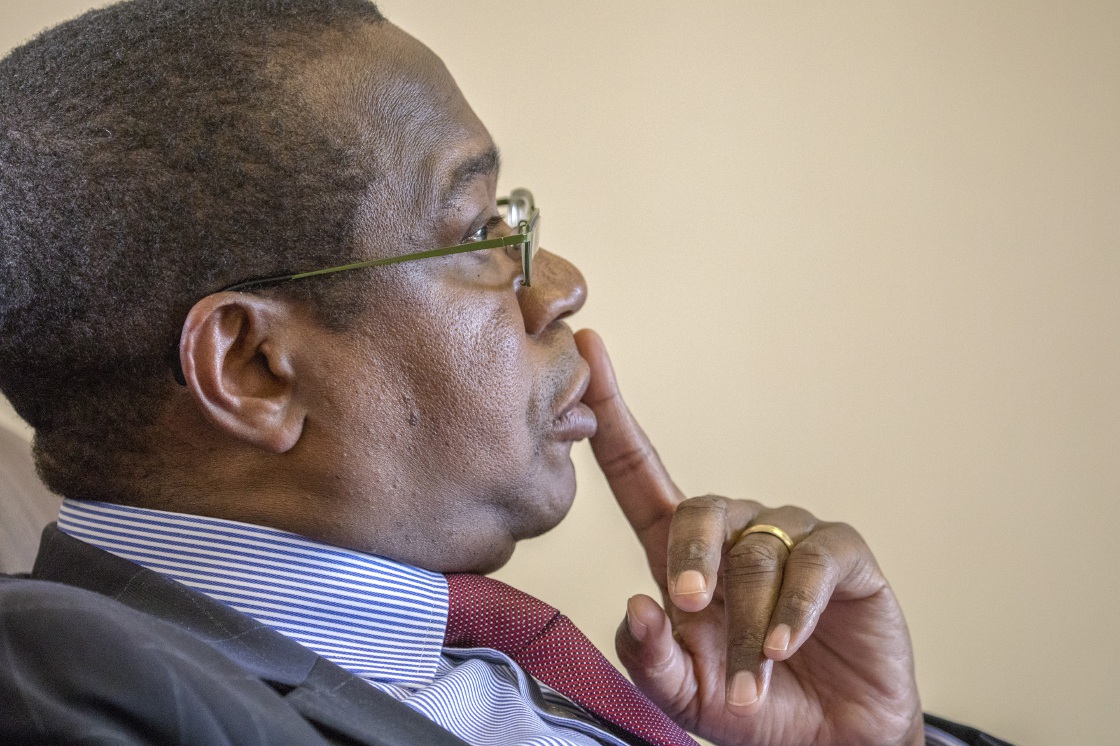



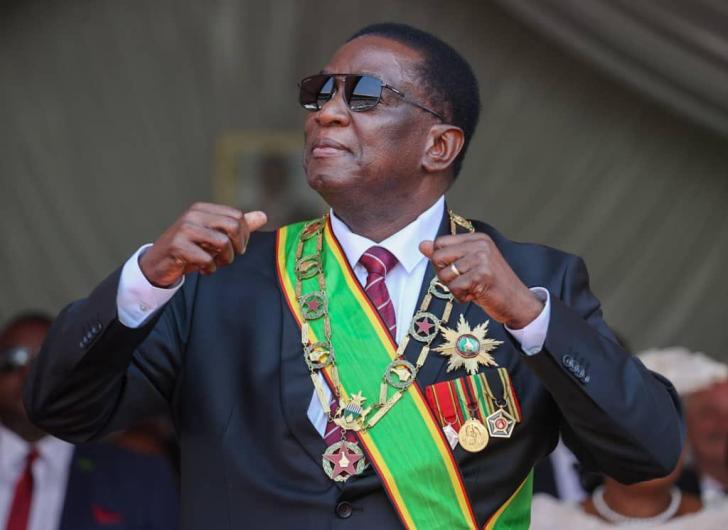

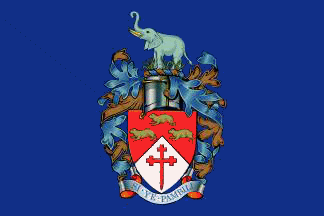
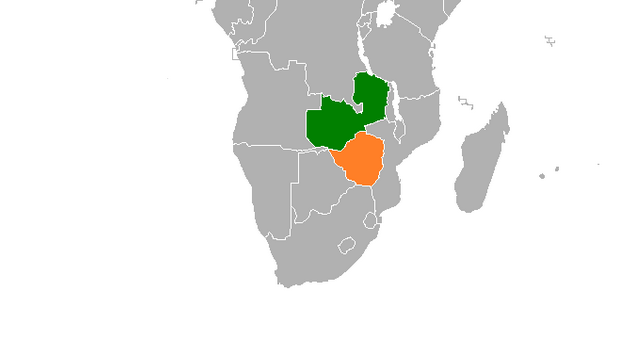
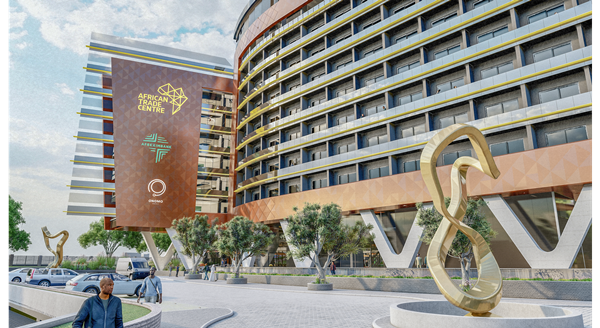
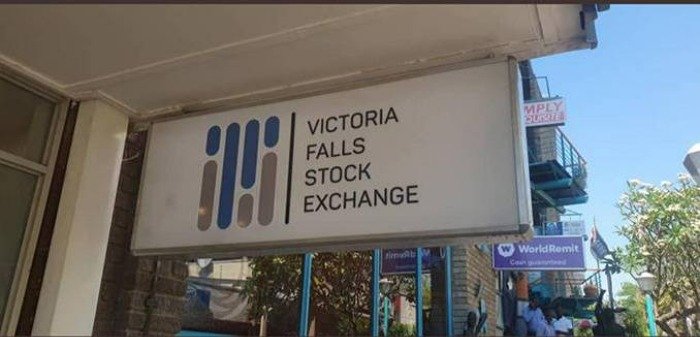

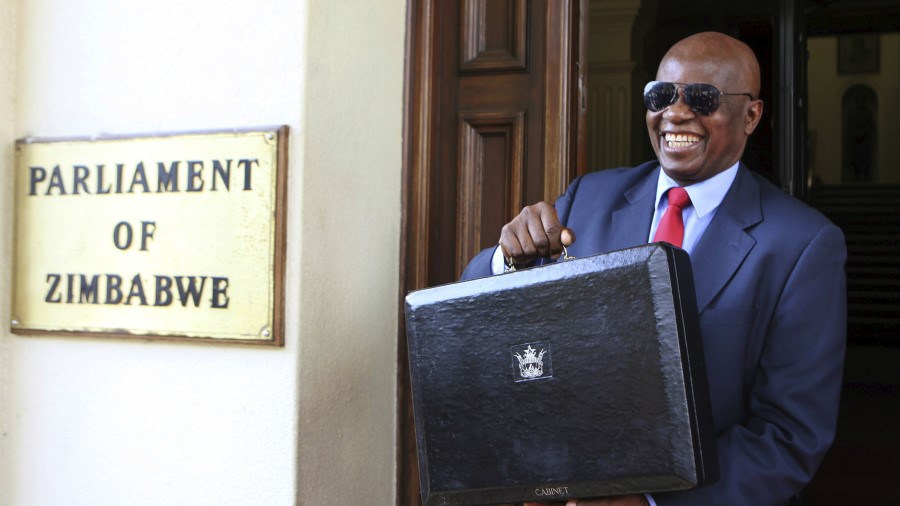
 Young Investment Professional (YIP) Graduate Programme 2019
Young Investment Professional (YIP) Graduate Programme 2019
Editor's Pick